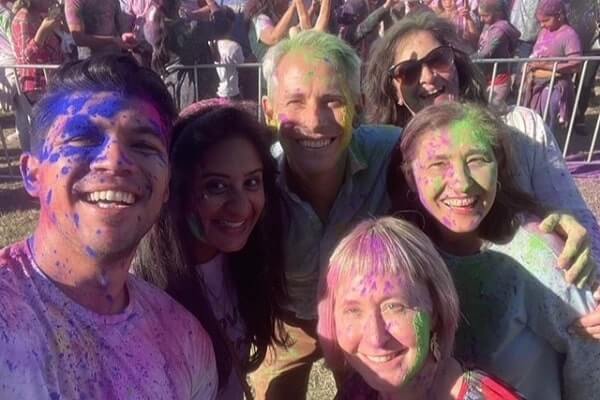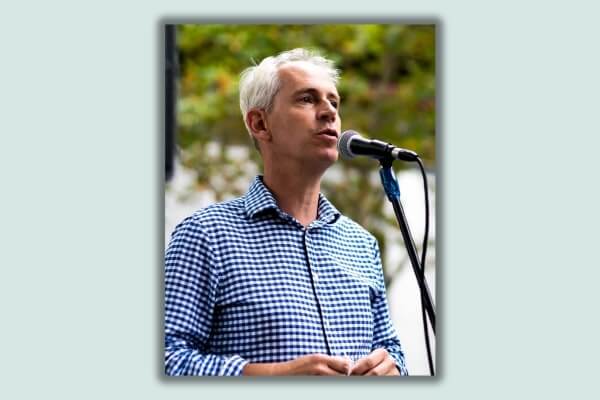On 26 January, Australians and Indians alike will celebrate our respective national days.
The coinciding of these days provides an opportunity at a national level to reflect on the ties that bind us—democracy, multiculturalism and deep cooperative links.
Through our shared history and successes, our ties have deepened.
In recent years, Australia’s longstanding relationship with India has been strengthened by collaboration across various sectors – from trade and defence to education and technology.
In the first 12 months since the Albanese Government took office, our Prime Minister has met with Prime Minister Modi six times, underscoring the value we place on our relationship
It would not be remiss of me to say that India is one of our most important Indo-Pacific partners.
At a community level too, it is also an opportunity to recognise the vast contributions Indian Australians have made in enriching Australia’s own multicultural society.
Tracing back to the 19th century, the involvement of Indian-Australians in early Australian history tells a story of migration and resilience.
Indian sailors were a common sight on British naval and merchant ships during the era of exploration and colonisation. This includes the First Fleet’s nine merchant vessels, which were either owned or chartered by the English East India Trading Company.

Many of these seafarers were of Indian origin and there’s also speculation that Captain Cook’s famed Endeavour, which set sail in 1788, might have had Indian sailors on board.
The Indian footprint in Australia extended far beyond the confines of ship decks. Indians ventured into the continent as enterprising hawkers, traders, and agricultural pioneers in the realms of banana cultivation and sugar cane farming.
Marking significant milestones in the tapestry of Australian multiculturalism, the first Muslim Indians arrived in Tasmania in 1813. Shortly thereafter, the first Hindus landed in 1816, coming as indentured labourers. Meanwhile, the Sikh community began to lay its foundations in Brisbane as early as 1844.
Now, the Indian community in Australia is one of the fastest growing and vibrant part of our multicultural society. More than a million Australians — one in every 25 Australians — are of Indian descent, enriching Australia through significant contributions in business, sports, politics and culture.
The celebrations of Diwali, Eid and Holi, which are significant dates in the Indian cultural calendar, have also seamlessly integrated into our multicultural society enriching it with their vibrancy and colour.
As we witness India’s celebrations while celebrating our own national day on 26 January, we’re reminded of the ties that bind our nations – ties of democracy, multiculturalism, and shared aspirations for a better world.
India’s Republic Day is more than just a national holiday for Indians. It’s a symbol of democratic resilience, unity in diversity and self-pride.
It’s a day for Australians also to reflect on our journey as a nation and reaffirm our commitment to multiculturalism and the values we hold dear.
READ ALSO: OPINION: Why I won’t be celebrating Australia Day





